


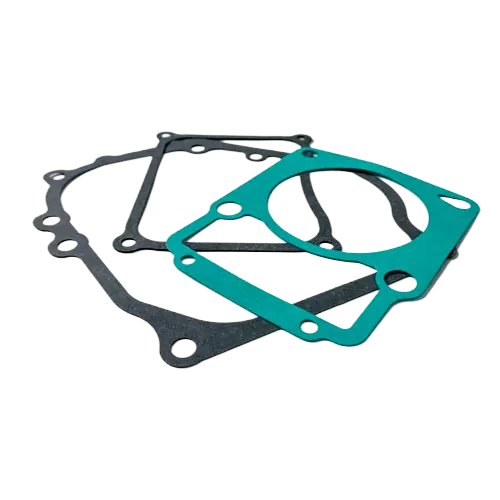

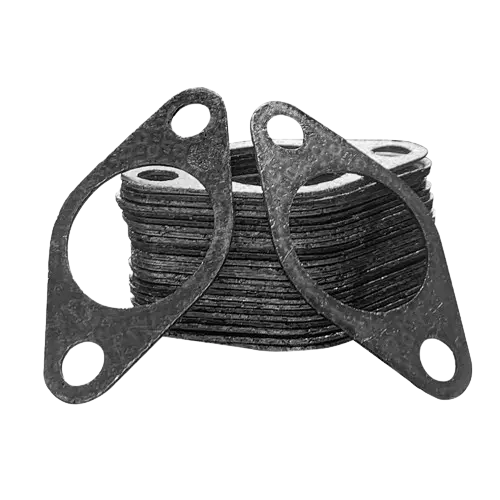
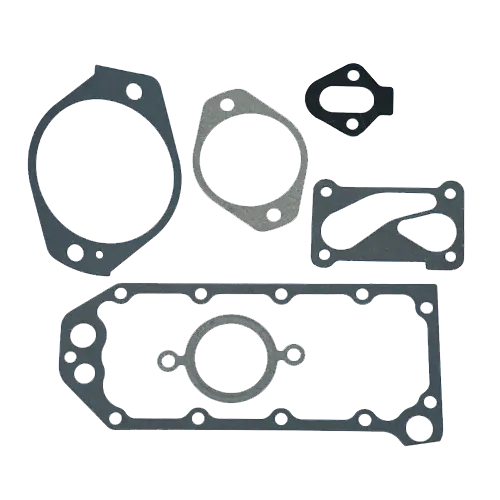
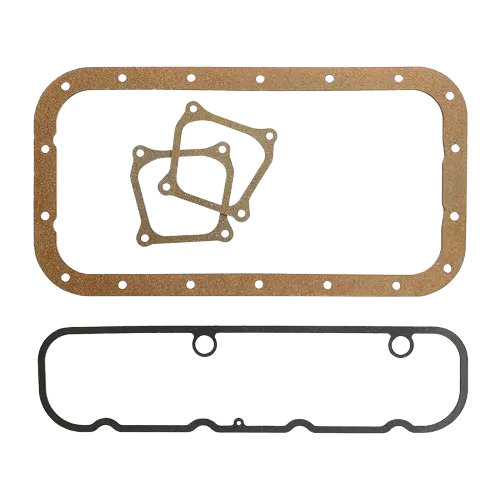
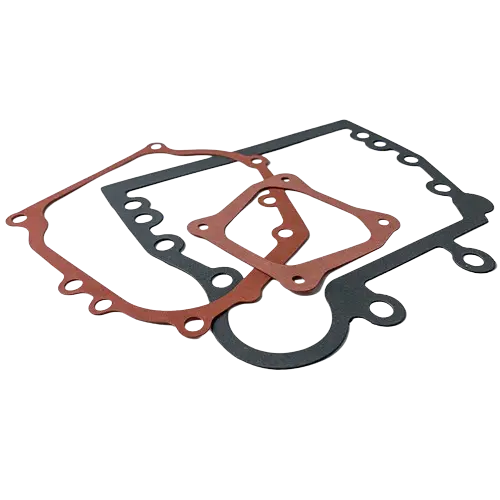
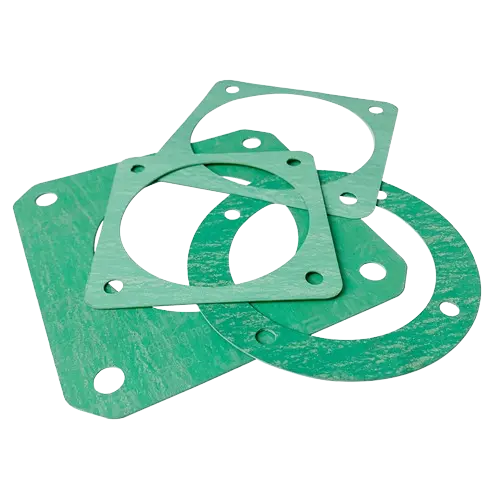
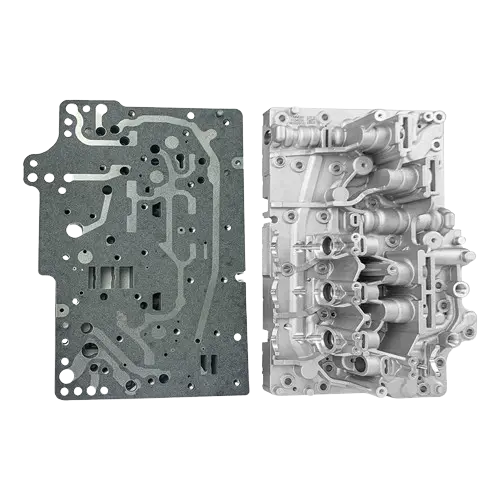













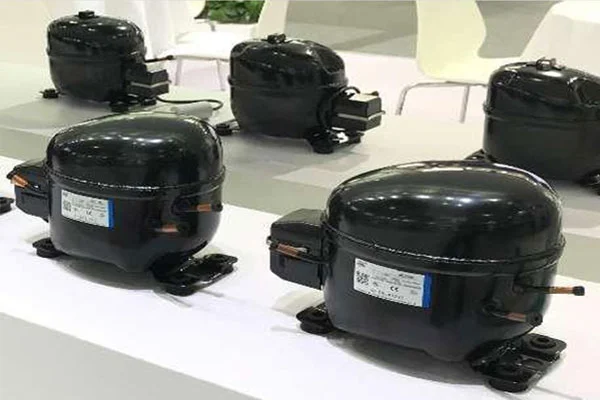
The characteristics of gasket material used in the refrigeration industry are essential to ensure their optimal performance in refrigeration systems.
Temperature Resistance
Compression and Resilience
Airtight Sealing
To ensure the optimal performance of gasket materials in the refrigeration industry, it is important to select materials that possess these characteristics and are specifically designed for refrigeration applications. The choice of gasket materials should consider the specific requirements of the refrigeration system, such as temperature range, pressure, refrigerant compatibility, and environmental factors.
JM7105, JM7107, JM7108, JM7110, JM7102, JM7105, JM7104
Nitrile rubber gaskets are widely used in refrigeration applications due to their excellent resistance to refrigerants, oils, and grease. They provide an effective seal between various components, such as compressors, condensers, and evaporators. Nitrile rubber gaskets offer good compression set resistance, ensuring long-term durability in refrigeration systems.
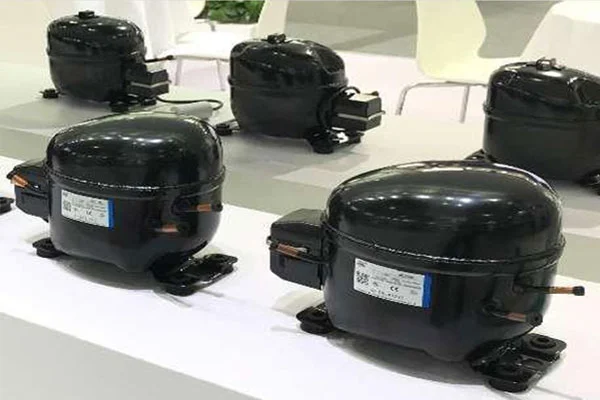
Gasket materials play a crucial role in the refrigeration industry by ensuring proper sealing and preventing the leakage of refrigerants. Here is a demonstration of some commonly used gasket materials and their applications in the refrigeration industry:
Overall, gasket materials like nitrile rubber, silicone, and EPDM are essential in the refrigeration industry to ensure proper sealing and prevent refrigerant leakage. Their resistance to chemicals, temperature extremes, and environmental factors make them suitable for a wide range of refrigeration applications.